By Kate Cebik
Development Associate
There’s something you may not know about our high school.
You probably know Common Ground has a high school. You probably know we have a farm, and that this farm is utilized as a learning lab to bring lessons to life. You may know we have an after school program, Kids Unplugged, and that some of our high school students gain valuable work experience working with young people from the community. You may have met our goat, Stewart. You may have eaten fresh food grown right here by our farm staff, our students, and our community volunteers.
 But you may not know about another part of our work. Common Ground is committed to social justice. Our high school works hard to recognize that our students’ cultural backgrounds and lived experiences shape their learning, and that the most effective curriculum will teach with this in mind. This has been important work to our dedicated teachers for many years.
But you may not know about another part of our work. Common Ground is committed to social justice. Our high school works hard to recognize that our students’ cultural backgrounds and lived experiences shape their learning, and that the most effective curriculum will teach with this in mind. This has been important work to our dedicated teachers for many years.
Over the past year and a half, Common Ground has taken an additional step in this commitment by partnering with Co-Creating Effective and Inclusive Organizations (CEIO) to examine ourselves. Together we work directly to identify and dismantle systems of oppression, and to discover how we can shift dominant norms to ensure that all members of the Common Ground community are engaged, feel safe, and are valued in the important work of the organization.
Let that sit for a minute, because it’s a lot. We’ve had to be vulnerable and courageous in having these conversations. That may be why we’ve been holding this “heart work” close, analyzing what we’ve learned internally, and discussing what it means for our work. But we are also realizing that we must be vocal about this work, especially now.
The word work is quite intentional. It isn’t passive, or passing. It is constant. It is a lot to pile onto already full plates. But we, as an organization, are coming together to make clear what many have been feeling for some time:
We cannot effectively advance our mission–to cultivate habits of healthy living and sustainable environmental practices within a diverse community of young people, adults, and families–without addressing the existing systems that interfere with that work. In order to serve our community and our planet, we need people from all backgrounds in this together.
You will continue to hear about this work and the many ways it touches all parts of our organization. Today we will share just a few of the ways our high school teachers from one department have begun to create—both from scratch and by honing existing curricula—a richly inclusive social justice pedagogy.
History & Social Studies Focus the Lens on Social Justice
The History and Social Studies department rearranged and developed new content in several courses, including U.S. History, Civics, and Global Studies, to focus on specific parts of our Social Justice Education framework. In particular, they have focused instruction on systems of oppression while also providing examples of transformation and change within those same systems.
 Global Studies students were responsible for researching the history of a food item grown here at Common Ground. Students told the story from the plant’s first domestication to possible conflicts involving the food today. Students organized their research presented posters, and a prepared dish that included the food item in class, and then to an authentic audience at the Multicultural Potluck on December 20, 2016.
Global Studies students were responsible for researching the history of a food item grown here at Common Ground. Students told the story from the plant’s first domestication to possible conflicts involving the food today. Students organized their research presented posters, and a prepared dish that included the food item in class, and then to an authentic audience at the Multicultural Potluck on December 20, 2016.
This spring, Global Studies students will be studying water, communities, and sustainability with Mr. Springsteen. Students will complete readings and research to compare New Haven’s water system with the water systems of other communities around the world, including crisis-stricken Flint, Michigan. Kate Powell from the Regional Water Authority will visit Global Studies classes to discuss how the Flint water crisis couldn’t happen in New Haven, and to answer questions students have about the situation in Flint, as well as the New Haven water system. This will culminate in students writing an essay in which they compare the local water system with another community facing a water crisis, and come up with recommendations the creation of a more sustainable water system in each community.
In United States History, Mr. Richards designed an intentional exposure of marginalized people. Thematic topics were chosen to reflect concepts that resonated with and affect many students today. For the fall semester this meant looking at education, immigration internal migration, and housing. Students examined how these past events connect with their lived experiences. To the extent that this it possible, he used specific regional events from Connecticut and New England to underscore the notion that history is a tangible concept with real linkages to contemporary life.
As an example, the class’s study of education connected the racism encountered at the relatively little-known Prudence Crandall School for Little Misses in Canterbury, Connecticut to the rise of charter and magnet schools as a hedge against modern-day racism and inequality in public education. This examination of systems of oppression was itself coupled with models and tools for resistance and transformation, which meant showing students how to begin interactions with government officials, community activists and local residents to measure conditions, find out what others were doing to seek social justice, or, ideally, begin to make change themselves.
To make change themselves. Because when students are given the power, the understanding, and the backing, they really can lead the change.
Stay tuned to our newsletter and our social media (Facebook, Instagram, and Twitter) for more glimpses into how we are weaving social justice into our daily Common Ground lives.
Many thanks to Jeremy Stone, Brian Springsteen, and Christopher Richards for contributing to this piece, and to all the teachers who value, teach, and live this work.

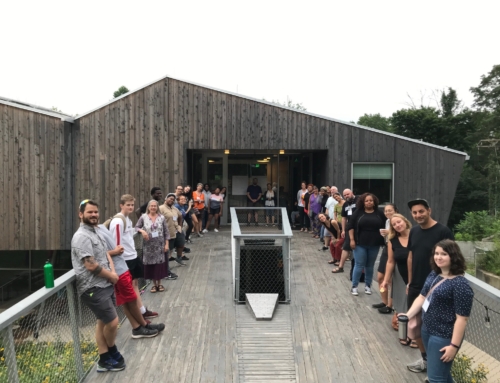
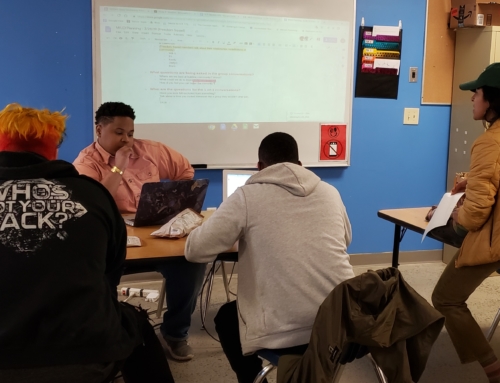
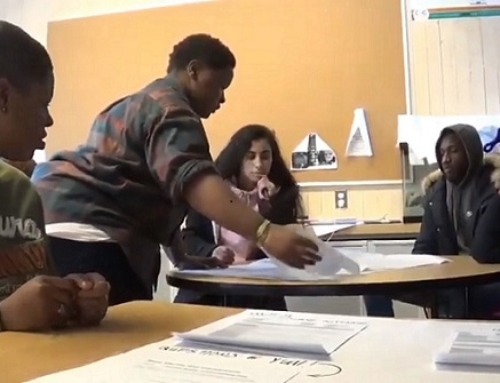
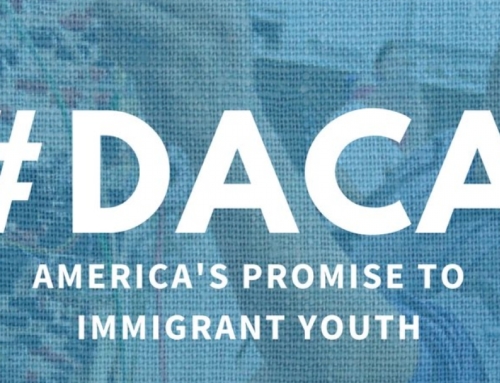
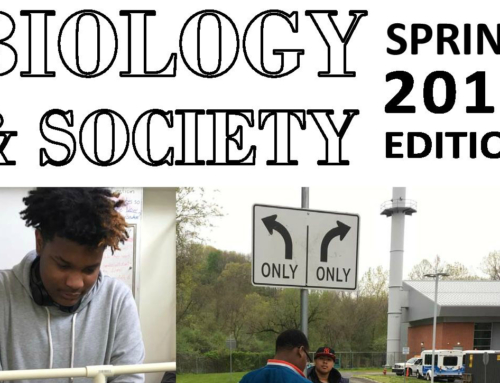
It was an awesome event and projects from the students who have the knowledge to educate so many members of the community including teachers like my self about food, its origin, and eating healthy
Thanks Mr. Mo! Agreed. I love to learn from our students. Students lead the change! It gives me much-needed hope for the future.